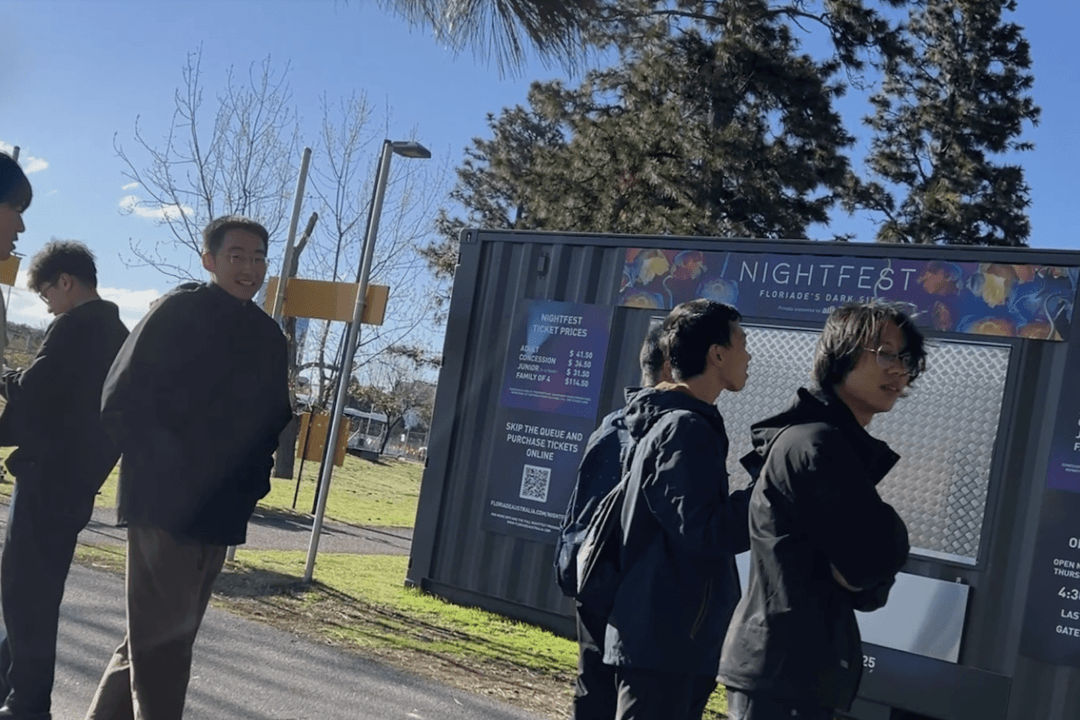Jason Clare, Minister for Education and Youth of Australia, recently said visa applications for overseas teachers would be prioritized to help ease the country’s teacher shortage.
On Aug. 12, Clare held a roundtable with provincial education ministers, teacher representatives, principals, and unions on how to address the national teacher shortage. He spoke about the idea at a press conference in Canberra after the meeting “One of the things we have to do is give priority to visas for overseas teachers who want to come and work here,” Clare said.


